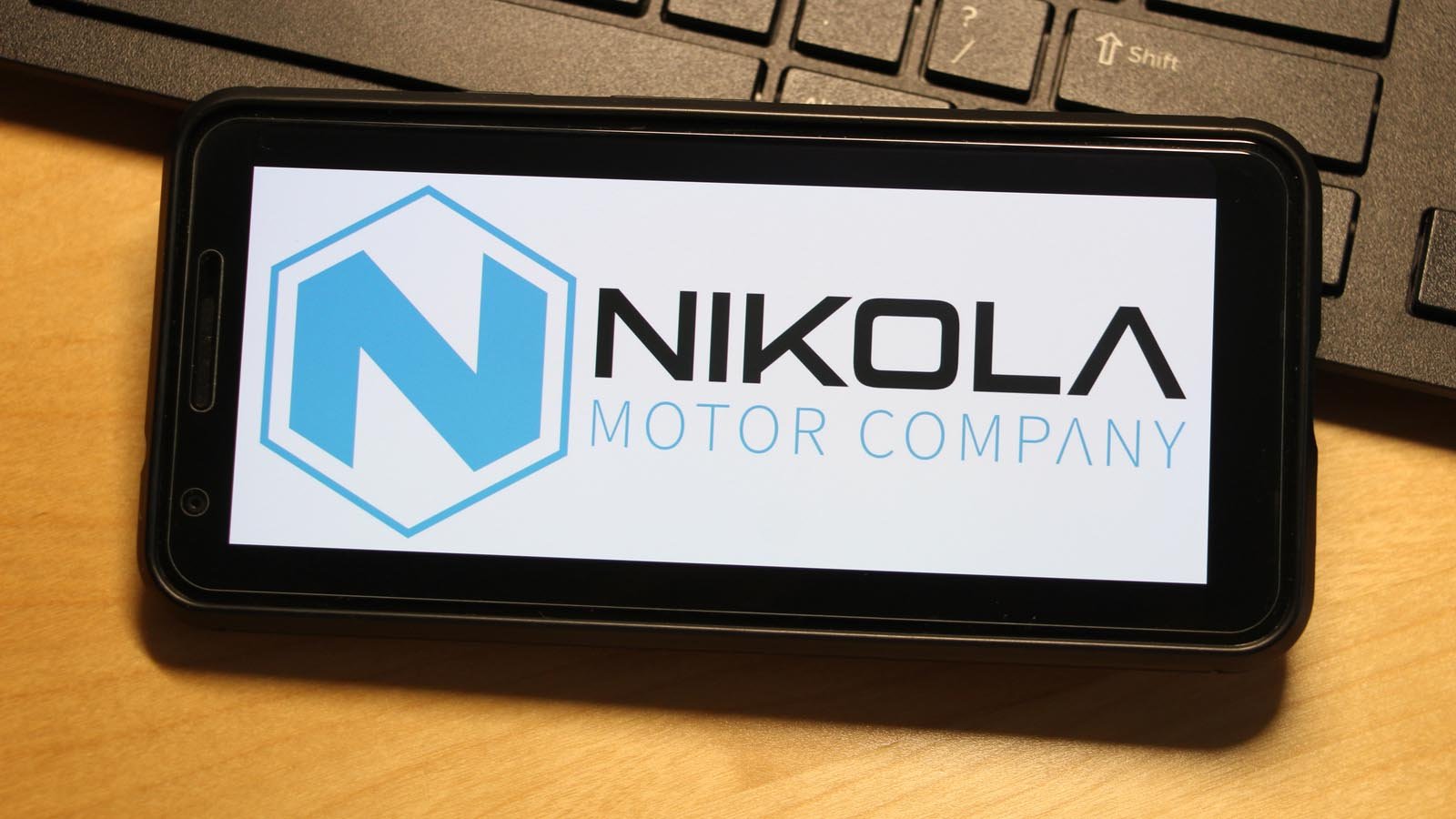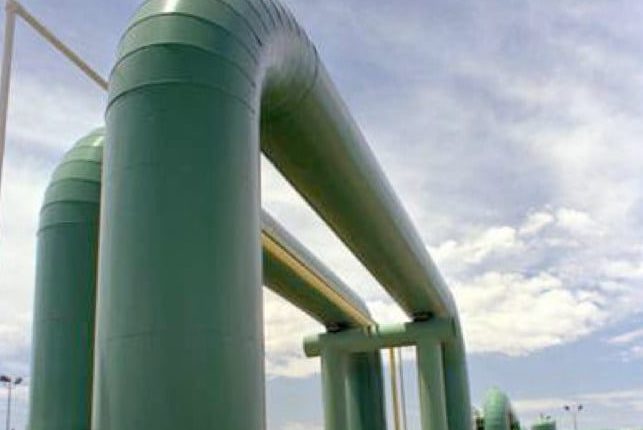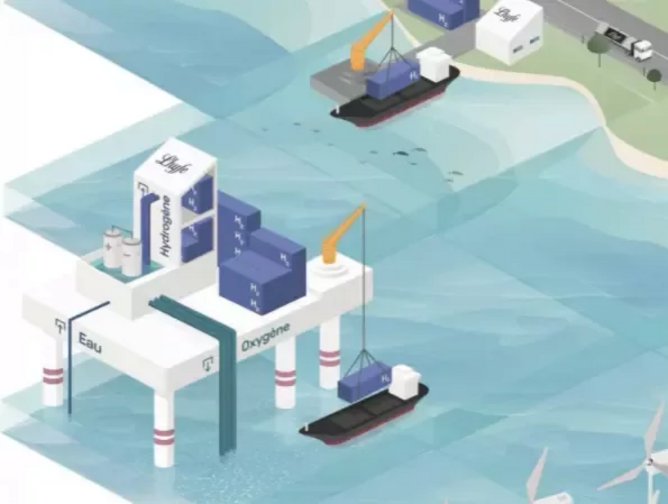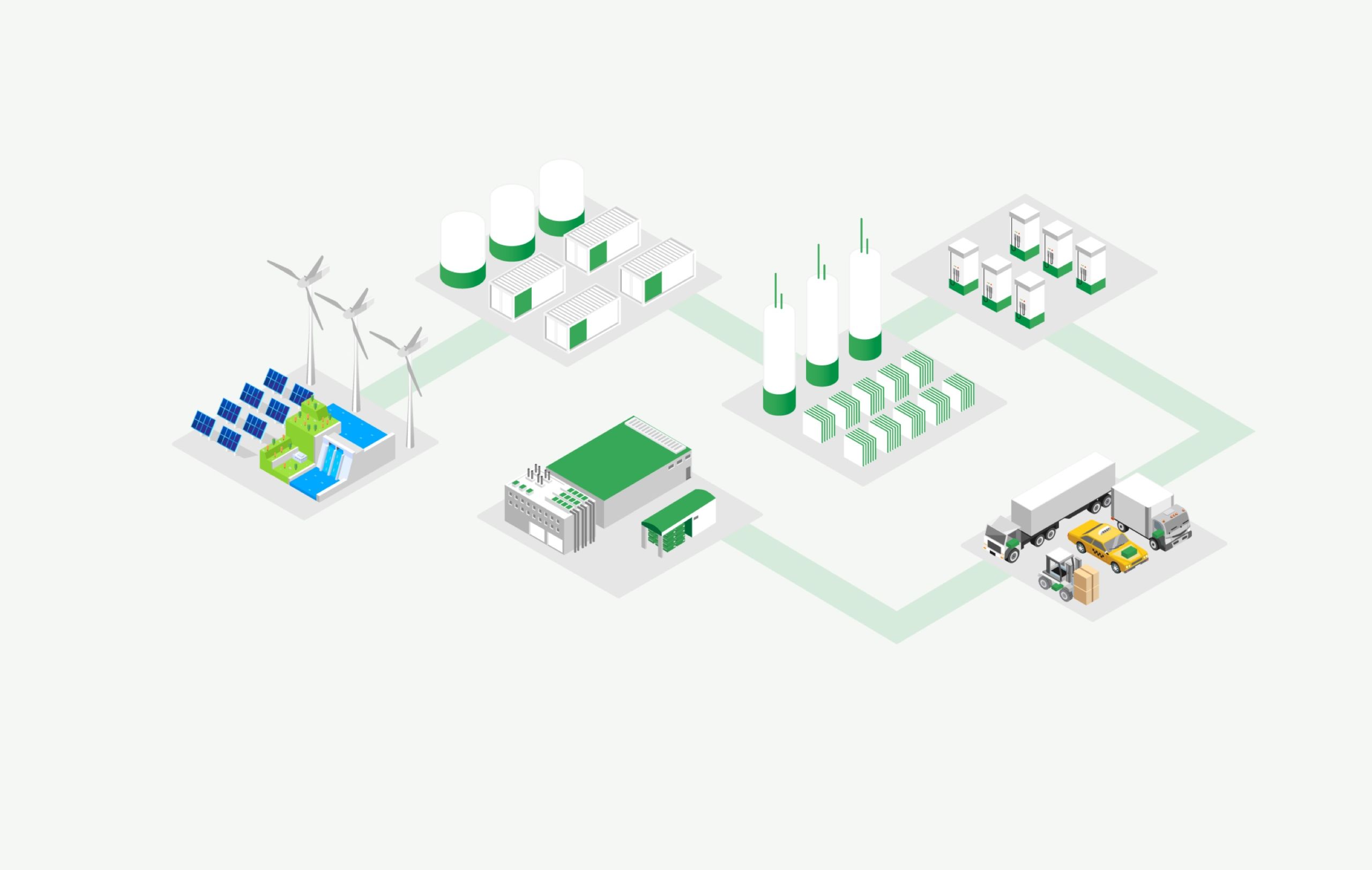Graybeard
Well-Known Member
If this article is right --not that much.
Compare the cost to replacing an ICE engine or transmission in your current 'hydrocarbon emitting' auto or truck ...
$4,000 USD or so they are saying for battery replacement 10 years from now.
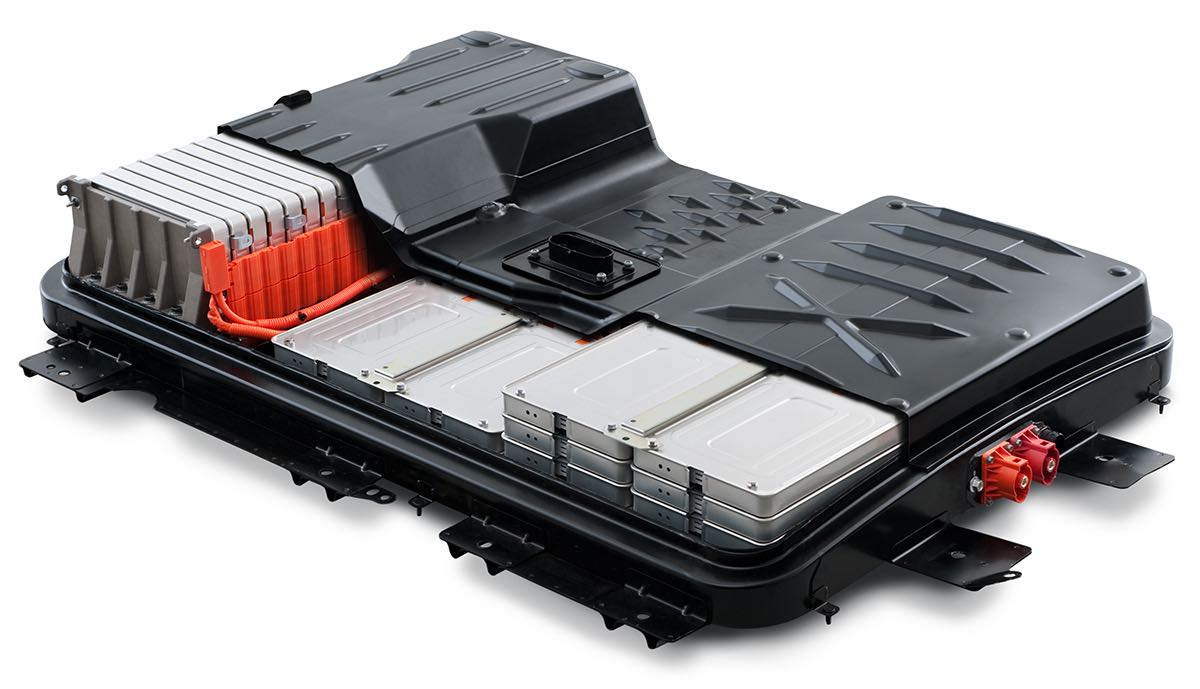
 thedriven.io
thedriven.io
Compare the cost to replacing an ICE engine or transmission in your current 'hydrocarbon emitting' auto or truck ...
$4,000 USD or so they are saying for battery replacement 10 years from now.

How much does it cost to replace the batteries in electric vehicles?
What are the costs of replacing a battery for an EV? Not as much as you think, and they may not need replacing at all.





